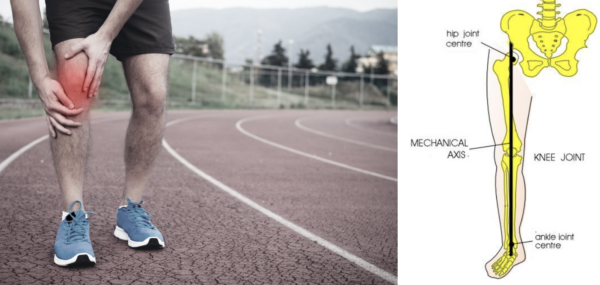Don’t ignore the stiffness and pain in you shoulder it may lead to something serious
In my clinical experience as an acupuncturist, one of the most common problems I’m dealing with is shoulder issues. “Shoulder problems can affect everyone, from office workers hunched over a computer, construction workers to homeowners who paint a bedroom wall or weekend athletes” When the shoulder becomes stiff or painful, acupuncture is normally used to treat with a very successful rate. Unfortunately, many people wait too long before going to get the treatment, assuming it will just get better on its own till the symptoms develop into a serious condition like a frozen shoulder, which is hard to make go away. This problem can drastically impact your daily activities and your ability to do even simple things as getting dressed or showering.
Why is frozen shoulder commonly seen in middle-aged adults?
As we age, most people have some internal shoulder structural changes. Often, tendinitis can manifest itself as a tendon degenerates with age and misuse. If simple chronic shoulder issues aren’t properly treated early, greater damage can occur. It is more prominent in women than men, especially menopause women who lose estrogen’s inflammation-diminished benefits. Also, most often in those who suffer from additional illnesses such as diabetes, thyroid diseases, and have cardiovascular problems.
Can Acupuncture help with a frozen shoulder?
When it becomes a complex problem, I like to use combinations modality of treatments. Acupuncture can reduce pain and inflammation. Cupping or manual/massage therapy as a complement to breakup micro-adhesions within the muscle fibers and fascia improve the shoulder range. It’s always recommended to get gentle shoulder stretches/range-of-motion exercises in the treatment plan.
In my conclusion, many common shoulder dysfunctions, such as arthritis, tendinitis, or bursitis, can be successfully treated. However, if these problems are not properly treated, further episodes can lead to larger tears and greater damage—that’s why early intervention and preventative maintenance are the keys to complete shoulder health.



